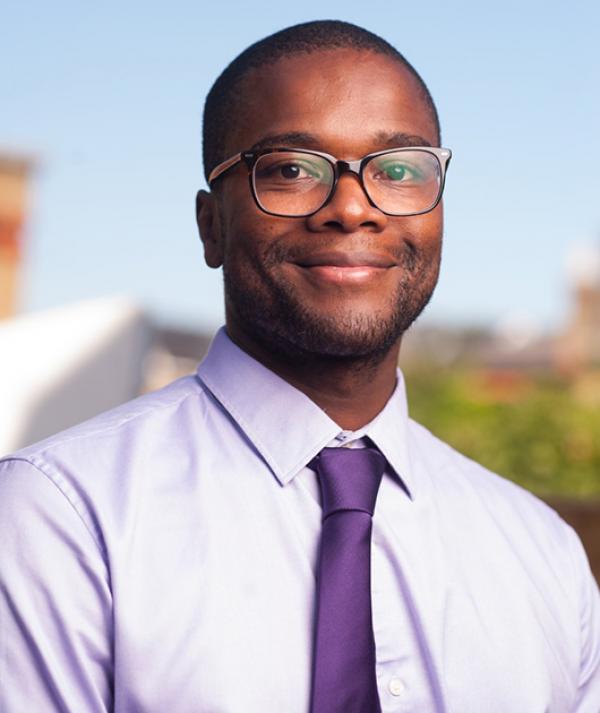Ishmael Beckford, a physiotherapist and chair of CSP Council is no stranger to microaggressions. He has experienced them throughout his career, and outside of it

Being a physiotherapist of colour, early on in my career I recall experiencing many confused and questioning looks when going out into the waiting room to call a patient into my clinic. A look that says 'I was expecting a white person to be in your position, not a black man'.
Unfortunately these experiences are commonplace, and part of many peoples’ lives in and outside of the healthcare setting.
Questions that follow on from that all too familiar look are often presented in a seemingly harmless way such as ‘where are you from?’. It’s actually harmful to ask someone that question in a certain context because it highlights that they perceive you as 'not from here' and different from them.
I'm second-generation, born in the UK. However, saying that I'm from the UK often results in a follow-up question of ‘where are you really from’. This highlights that they want to know my ethnic background or family heritage. The relevance of this in a physiotherapy appointment is zero, and the impact of it is to put you in a position where you feel othered and not accepted.
Now that I'm older and in a senior management position, you might think these microaggressions would stop. But more recently I have experienced those all too familiar quizzical looks again as clients or suppliers struggle to comprehend that I am in fact the decision-maker or budget holder.
This form of microagression is something that I’m aware resonates with many senior female colleagues, where not being an older white male leads to a default assumption you are a subordinate or not of influence.
The thing is, microaggressions may seem to be small things that are harmless, but they build and they constantly chip away at you and erode your sense of self.
You start to see the world in a different light which can result in you felling like you have to put armour on to go to work and this is a heavy weight to carry every day. Many people will never know that invisible armour exists for a lot of people.
Another common microaggression I’ve experienced over my life, and heard others with different ethnicities struggle with, is when people mispronounce your name. Or they shorten it without your permission because it’s easier for them to say.
A name is so integral to your identity and whilst this might be done in an unintentionally harmless way, people getting it repeatedly wrong over time can affect your sense of self.
When you have these kinds of experiences regularly, you recognise them for what they are, the difference being my ethnicity.
Often a comment or action from a person may be down to an unconscious bias, but as soon you act upon your subconscious it is in the real world and has an impact, so that shouldn’t excuse it.
It brings with it a disadvantage for me and many other people because you have to be protective and guarded against it. You have to be aware of how you position yourself and how other people see you, purely because of who you are. And that’s a real burden to carry.
The constant challenge is how to navigate these experiences but still be you because often a response to being exposed to these forms of prejudice is to dilute yourself, not be authentic and to conform to reduce the opportunity for people to point out that you’re different.



































